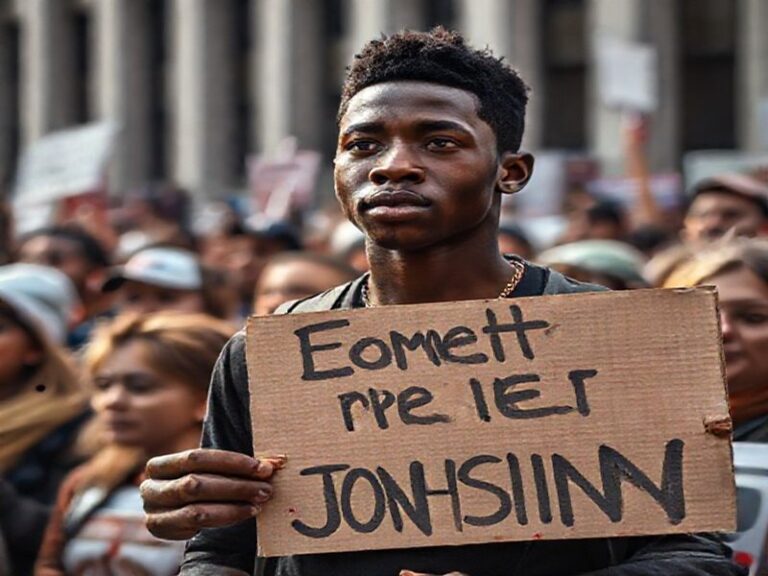Global Exit Strategy: How Netflix’s Deletion of Wayward Pines Mirrors Our Shrinking Digital Commons
Wayward Netflix, Wayward Pines: A Parable for the Streaming Apocalypse
By Our Bureau Chief Emeritus, still technically on sabbatical in Geneva
The news that Netflix has quietly shuffled *Wayward Pines*—that M. Night Shyamalan-produced fever dream about a town where time, ethics, and plot coherence all go to die—into its “Leaving Soon” carousel should have registered as nothing more than a minor tectonic shift in the sofa-cushion universe. Instead, the cancellation reverberated from São Paulo to Seoul like a diplomatic incident. Why? Because in the great global bazaar of content, every deletion is a tiny act of cultural arson, and *Wayward Pines* was less a show than a cautionary hologram about the world we’ve built while binge-watching the collapse.
Let us recap for anyone whose memory has been liquefied by algorithmic autoplay: *Wayward Pines* imagined a picturesque Idaho hamlet where escape was impossible, surveillance total, and the mayor a benevolent dictator who occasionally fed dissidents to genetically engineered abbies (think homicidal Gumby figures with better abs). Citizens who asked the wrong questions were re-educated; citizens who asked the right questions were promoted to middle management. Critics called it derivative of *Twin Peaks* by way of *The Prisoner*, but that missed the point. The series was a dress rehearsal for the 2020s—only the monsters were more photogenic and the Wi-Fi slightly more reliable.
Internationally, the show’s demise lands at a moment when every nation is flirting with its own Wayward Pines experiment. Hungary has built a fence so high even drones get altitude sickness. Singapore tracks your gum purchases. China gamifies obedience with sesame points. Meanwhile, Elon Musk tweets memes from inside a corporate town in Texas that is literally named Starbase—population: whoever signed the NDA. Somewhere in Brussels, a mid-level EU bureaucrat is drafting a 400-page white paper on “digital enclosure” while watching the last season buffer at 144p. The irony is piped in at surround-sound.
Netflix, of course, frames the purge as a routine “rights optimization” exercise, the same bloodless euphemism used when a hedge fund “optimizes” a pension. But rights are never just rights; they are soft-power visas, quietly revoked while we sleep. When *Pines* disappears in Argentina but lingers on Canada’s Crave, the geofence becomes literal: Welcome to the Northern Enclave, where the broadband is strong and the metaphorical abbies politely knock. The rest of you can torrent your existential dread like savages.
There is a broader moral, if one still believes in morals that don’t come with a subscription tier. The show’s central conceit—that humanity, facing extinction, chose authoritarian cosplay over messy democracy—now feels less like speculative fiction and more like a quarterly earnings call. Every time a platform removes a title, it chooses scarcity over memory, reinforcing the notion that culture is a service, not a commons. In other words, we’ve moved from “You’ll own nothing and be happy” to “You’ll remember nothing and be slightly content until the free trial ends.” Meanwhile, climate clocks tick louder than plot holes, but at least the end credits will be skippable.
The international audience, ever resourceful, has responded with the digital equivalent of samizdat: shared Google Drive folders with Cyrillic filenames, Telegram channels that serve as speakeasies for deleted episodes, and VPNs so overworked they qualify for hazard pay. Somewhere in Lagos, a 19-year-old coder is stitching together a decentralized streaming protocol called “PinesTorrent,” its logo a pixelated middle finger aimed at Los Gatos. The abbies, it turns out, were never the monsters; the monsters were the licensing lawyers all along.
So farewell, *Wayward Pines*. You were too weird to live, too on-the-nose to survive. May your cautionary tale find eternal life in the syllabus of some future university course titled “Late-Stage Capitalism and the Streaming Panopticon,” assuming universities still exist. Until then, we’ll keep wandering our own cul-de-sacs, cameras blinking red above every porch. The exit signs have been removed for our safety, but don’t worry—season one is still available on DVD at the last remaining Blockbuster in Bend, Oregon. Bring a passport.







